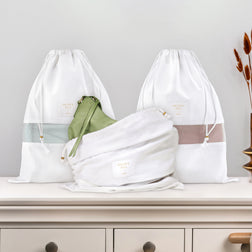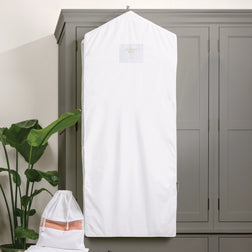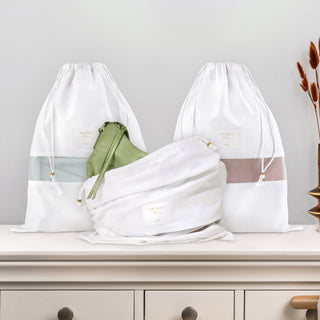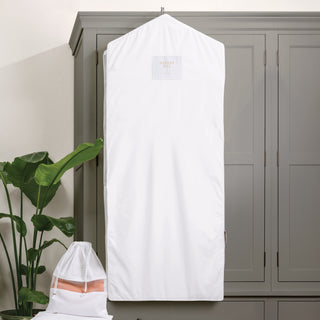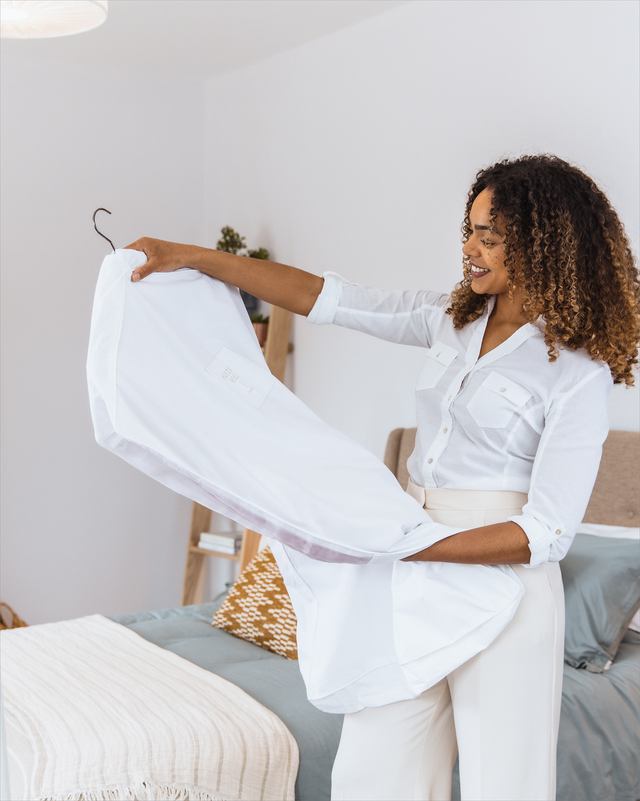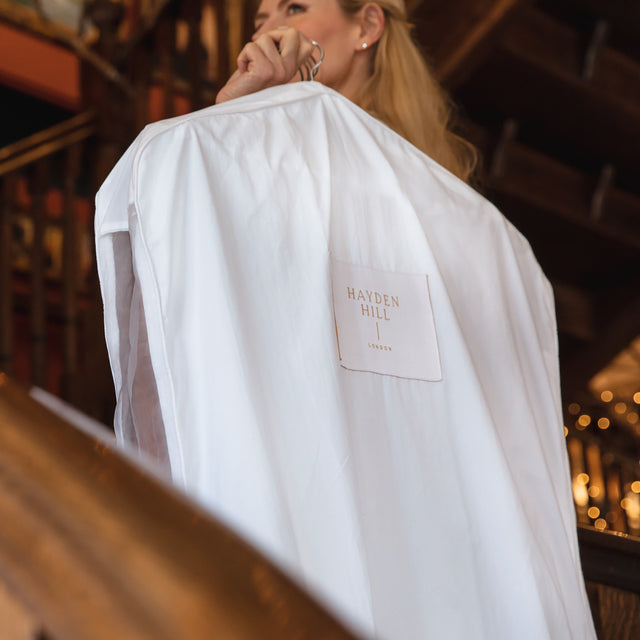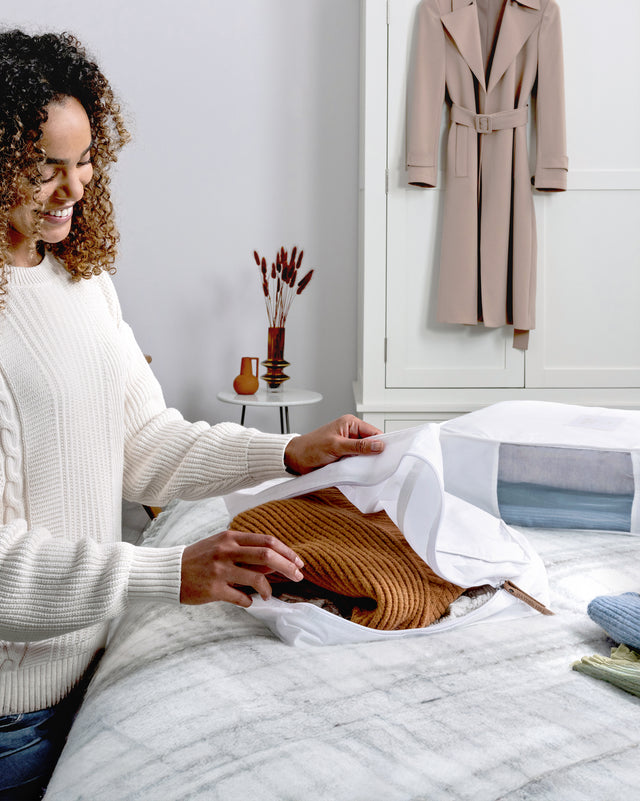Linen is a popular choice for many and it's used to make a variety of products. But, what is linen? And is it the perfect sustainable fabric? Read our article to find out.
With the demand for sustainable fashion growing rapidly, linen is attracting more interest and more shoppers.
And with its current popularity, you would never know that linen was one of the first fabrics ever produced by human civilization, dating as far back as ancient Egypt where it was used during the mummification process. Linen was also used in ancient Mesopotamia as a valuable fabric worn by the elite classes.
Even ancient civilizations saw the benefits of this versatile natural fabric.
How is Linen Produced?
Linen is produced from the fibers of the flax plant. Fibers are removed from inside the wooden stem of the flax plant, and then woven into linen fabric. Flax plants are also used to produce flax oil and flax seeds.
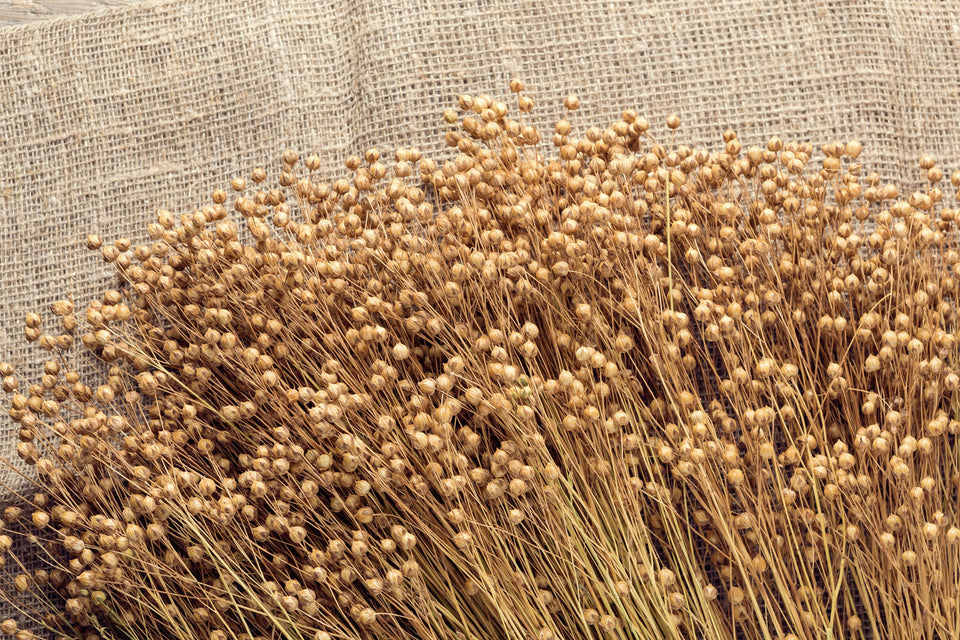
What is Linen Used For?
Because linen naturally wicks moisture, it is used to make a variety of products from upholstery to window treatments to bedding to clothing.
Linen is a popular choice for sheets and bedding in warmer climates, because it is breathable and fast-drying. And because linen is porous, it keeps you warm in the winter.
The fashion industry uses linen to make pants, shirts, skirts, and dresses. Another option is linen blazers, which are available for men and women.

The Advantages of Linen
There are several reasons why linen is used for a variety of purposes.
Antibacterial Properties
Linen is used to make medical bandages, because the textile has antibacterial abilities. Linen is not an ideal breeding environment for germs and bacteria, which keeps wounds clean and repels odors.
Durability
Linen is a strong fiber, even stronger than cotton. And with a bit of extra care, linen items will last a long time.
Linen should be either hand-washed or machine washed on a gentle cycle. This fabric should never be exposed to long periods of sunlight. If you care for it properly, linen gets more comfortable with every wear.
Environmental Benefits
The flax crop takes about 100 days to grow and harvest. This cycle is short, and each flax flower blooms for only one day. However, linen is made from the fibrous stems of the plant, not the bloom. So, harvesters remove other usable parts of the plant, and then uproot it and use its fibers to make linen.
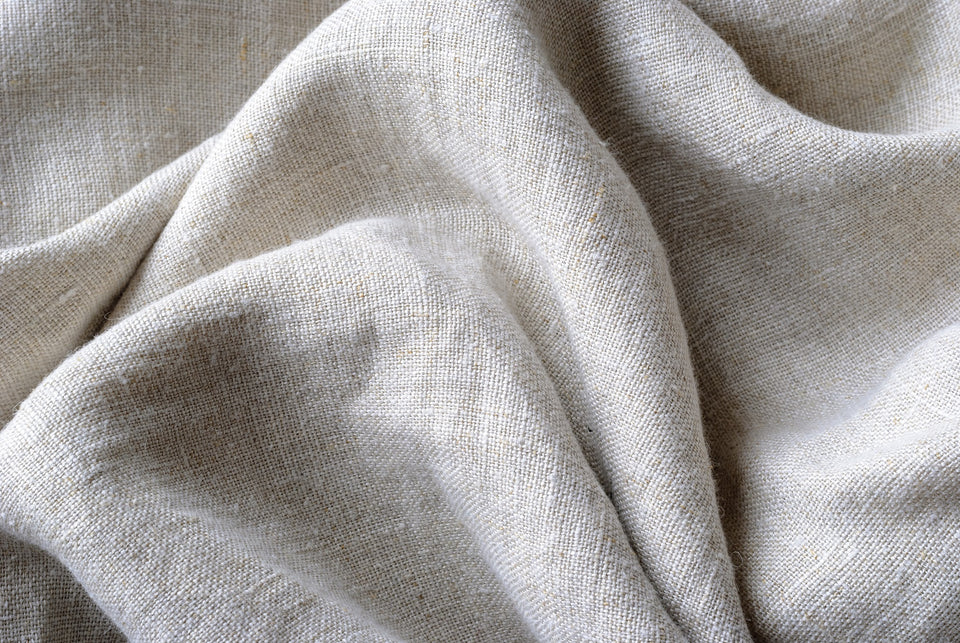
And unlike cotton, linen doesn’t require much water to produce. Linen is more environmentally friendly than most fabrics, because it requires little processing and is entirely biodegradable. Furthermore, since the entirety of the flax plant can be utilized, little waste is produced.
For these reasons, many ethical fashion brands produce linen clothing.
Disadvantages of Linen
To be fair, linen does have a couple of disadvantages.
Wrinkle Prone
Linen can wrinkle very easily, which makes wearers look less put together. Therefore, it might not be the best fabric for business attire or a special occasion.
Careful Laundering
Linen requires careful laundering practices. It must always be washed on a gentle cycle or hand washed and dried with low heat. Hard water, harsh chemicals, and heavy detergents can have a negative effect on textured clothing like linen.
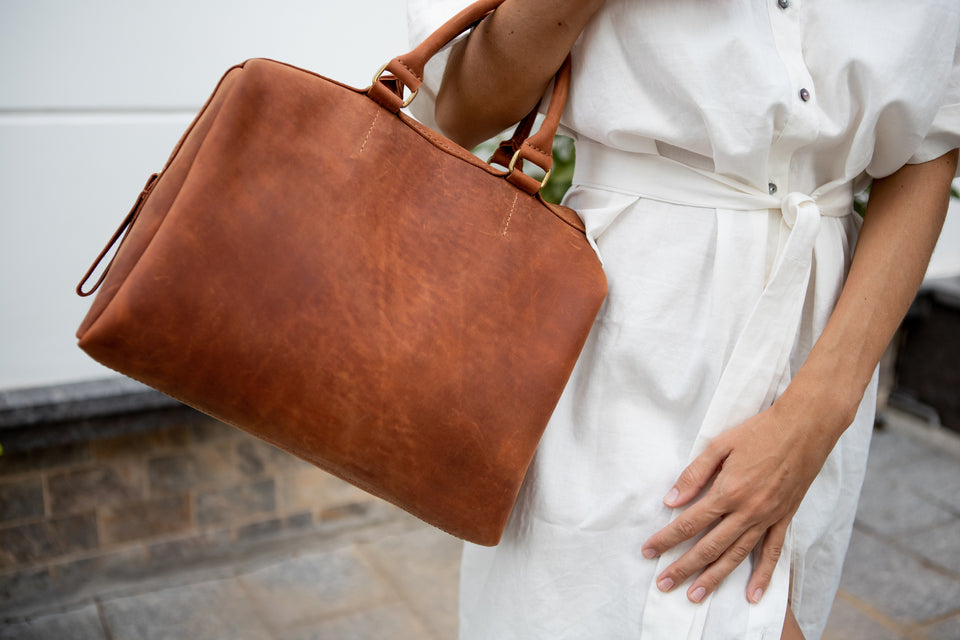
What are the Differences Between Linen and Cotton?
Though linen and cotton are both made from plant fibers, that is where the similarities end.
When turned into a textile, linen is heavier than cotton and 30% stronger. This makes linen more durable than cotton. However, because it is thinner, cotton can be spun together more tightly, resulting in a smooth, silky texture.
A linen shirt feels more stiff or crisp when new, while cotton is always soft. However, with time and use, linen becomes more and more soft to the touch.
Known for its absorbency, linen can help keep you cool. Cotton is also fairly absorbent, but it doesn’t have the moisture-wicking abilities of linen, and it can take a long time to dry.
Linen requires a significant amount of bleaching to be dyed, which is why linen clothing is most often found in shades of gray, tan, and ivory. Cotton, on the other hand, comes in a variety of colors and patterns.

FAQs
1. What kind of material is linen?
Linen is a plant-derived material that comes from the flax plant. The stem and roots are used to produce threads that are processed and then woven together, creating a strong yarn. Because of that, linen is a natural, environmentally friendly material.
2. Is linen a high quality fabric?
Yes, linen is both high quality and versatile. Because linen is absorbent, breathable, comfortable, lightweight, and moisture-wicking, it can be worn year-round.
3. What are the disadvantages of linen?
Linen is a wonderful fabric, but it does have a few disadvantages. First, it usually comes in limited colors, which can be difficult if you love a colorful wardrobe. Linen also creases and wrinkles easily, which may be problematic for fashion-forward individuals. And washing linen requires special care, because the material can be damaged by rough handling or agitation.
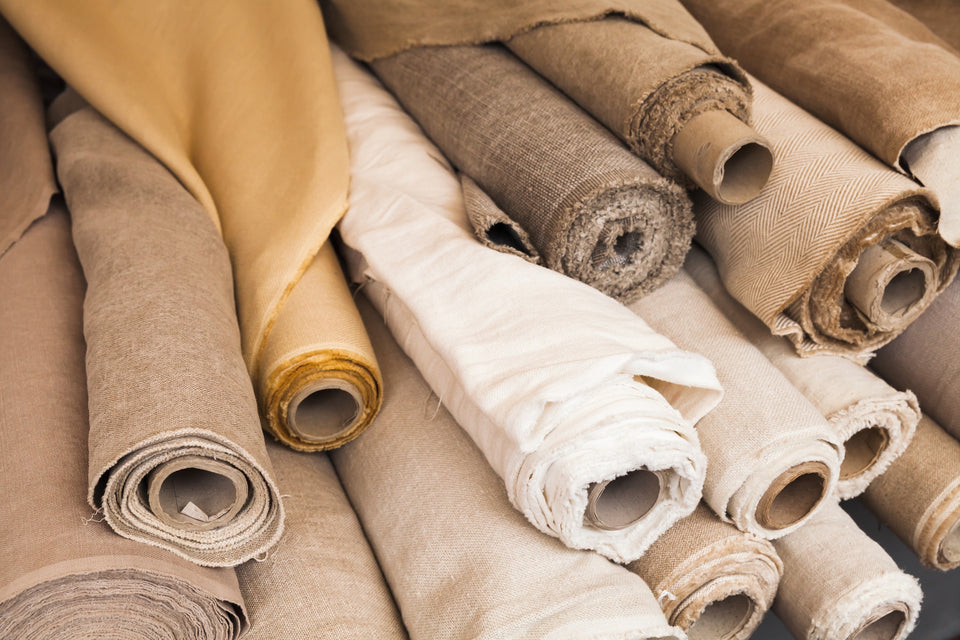
With so many benefits and so few disadvantages, it is no wonder that linen has been a choice fabric for more than 30,000 years. Its moisture wicking properties and durability alone make it ideal for wear all year long. And with proper care, it only feels softer and looks better with age. Therefore, be sure to choose high quality garment storage bags in order to protect your precious linen items.
